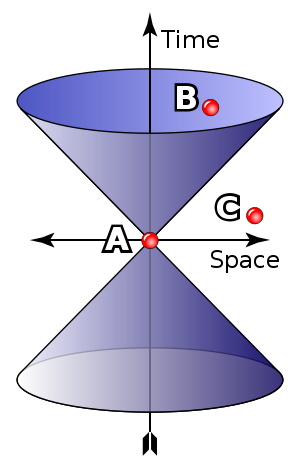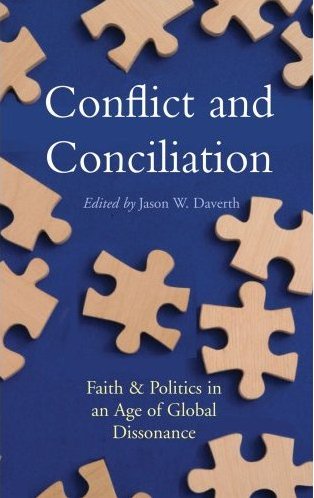Brilliant article on time travel from Stephen Hawking
As to be expected , Hawking has a talent for explaining these concepts to those of us who don’t have an IQ equal to the GDP of a large city. Short version: Time travel is possible, the Large Hadron Collider proves it, but only to the future and it’s gonna take some big, big bucks
Deep underground, in a circular tunnel 16 miles long, is a stream of trillions of tiny particles. When the power is turned on they accelerate from zero to 60,000mph in a fraction of a second. Increase the power and the particles go faster and faster, until they're whizzing around the tunnel 11,000 times a second, which is almost the speed of light. But just like the train, they never quite reach that ultimate speed. They can only get to 99.99 per cent of the limit. When that happens, they too start to travel in time. We know this because of some extremely short-lived particles, called pi-mesons. Ordinarily, they disintegrate after just 25 billionths of a second. But when they are accelerated to near-light speed they last 30 times longer.
It really is that simple. If we want to travel into the future, we just need to go fast. Really fast. And I think the only way we're ever likely to do that is by going into space. The fastest manned vehicle in history was Apollo 10. It reached 25,000mph. But to travel in time we'll have to go more than 2,000 times faster.
The article really is worth a read if you’re into this kind of thing. One thing I found particularly interesting is the idea that time moves differently depending on the surrounding mass. For example, the GPS satellite array has to be constantly recalibrated in order to compensate for being further outside the influence of earth’s gravity than those of us on land. Another implication of this, according to Hawking, is that manned missions to outer systems are more possible than we’d think:
The slowing of time has another benefit. It means we could, in theory, travel extraordinary distances within one lifetime. A trip to the edge of the galaxy would take just 80 years. But the real wonder of our journey is that it reveals just how strange the universe is. It's a universe where time runs at different rates in different places. Where tiny wormholes exist all around us. And where, ultimately, we might use our understanding of physics to become true voyagers through the fourth dimension.
Much like The Forever War![]() , such expeditions would be of little use to those of us back on earth, though maybe our great-great-great-(great-great)-grandchildren can enjoy the extraterrestrial kitsch. Perhaps a My-Ancestors-Went-To-Andromeda-and-All-I-Got-Was-This-Lousy-T-Shirt?
, such expeditions would be of little use to those of us back on earth, though maybe our great-great-great-(great-great)-grandchildren can enjoy the extraterrestrial kitsch. Perhaps a My-Ancestors-Went-To-Andromeda-and-All-I-Got-Was-This-Lousy-T-Shirt?


![Reblog this post [with Zemanta]](http://img.zemanta.com/reblog_e.png?x-id=6f9fde85-3aaa-4963-972d-74f49f94c460)









Comments
Post new comment